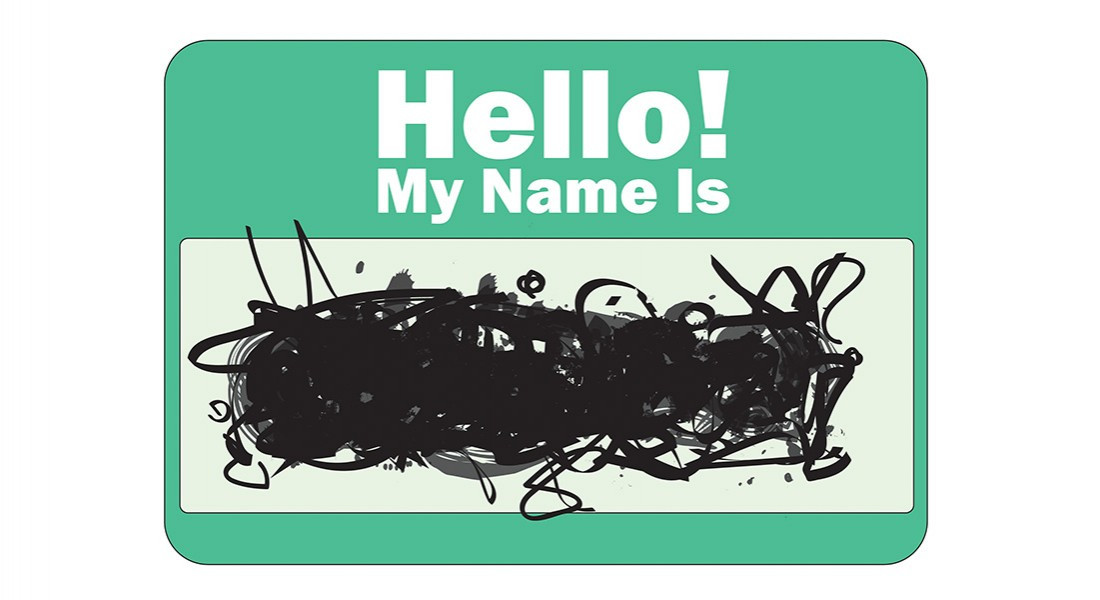What’s in a name?
The importance of preferred names
A name from birth, without doubt, is extremely important. It’s important for signing tests and important so those you hold close can refer to you. A student’s identity is synonymous with their name, and misuse of their name can have damaging results.
In September 2016, the National Education Association, the largest labour union in the United States, reported there is a negative and lasting impact when students’ names are mispronounced. The article quotes Rita Kohli, an assistant professor of education at the University of California at Riverside.
Referring specifically to students from migrant families, she says “names have incredible significance to families, with so much thought, meaning and culture woven into them.
“When the child enter(s) school, and teachers – consciously or not – mispronounce, disregard or change the name, they are in a sense disregarding the family and culture of the students as well.”
Kohli looked at a case where K-12 students’ names were mispronounced. She reported that the social-emotional well-being and world views of the students who had their names mispronounced were negatively affected. These two attributes are linked to learning and therefore have a negative effect on their performance in class.
“Students often felt shame, embarrassment and that their name was a burden … They began to shy away from their language, culture and families,” Kohli says.
The pronunciation of a name and cultural identity are connected. But what about students who no longer identify with their given name and wish it to be changed altogether?
In February, Winnipeg Metro published an article on Tobias Berger, a transgender teen from Miles Macdonell Collegiate. He wishes to be identified as Tobias and asked his teachers to stop writing his dead name (a name that is left behind and not to be used) on his report cards.
The school and the division can only put a student’s legal name on their report cards, according to a school division representative quoted in Winnipeg Metro. It is understandable that the school system is bound by the child’s legal name. However, there are simple and sophisticated ways of keeping things like this hidden from peers, or even teachers, that do not need to know.
In the Winnipeg Metro article, Tobias says he will legally change his name as soon as he turns 18. He also mentions that, although he is not ashamed of being trans, it would “change a lot” if his dead name were no longer used.
In the meantime, Tobias and others must hide their dead names from bullies who would use the information to taunt them.
It is students like Tobias who are brave enough to be interviewed by the media that make a difference. They create awareness of issues regarding the well-being of students and make a learning opportunity out of an unfavourable situation.
Published in Volume 71, Number 23 of The Uniter (March 9, 2017)







